I implemented a trivial class MyClass that has an array allocated with new inside it (I know that I could use a STL container, but I'm trying to understand how they work). I also created an iterator subclass, able to iterate on all the elements of a MyClass object:
class MyIterator : public iterator<forward_iterator_tag,int>
{
private:
int* data= nullptr;
int length;
int pointer=0;
int nullvalue=0;
public:
MyIterator(int* data, int length, bool end= false)
{
this->data= data;
this->length= length;
if(end)
pointer=-1;
}
~MyIterator()
{
delete[] data;
}
MyIterator& operator++()
{
if(pointer!= length-1)
{
pointer++;
}
else
{
pointer= -1;
}
return *this;
}
bool operator==(const MyIterator& other)
{
return pointer==other.pointer;
}
bool operator!=(const MyIterator& other)
{
return pointer!= other.pointer;
}
int& operator* ()
{
if(pointer==-1)
return nullvalue;
else
return data[pointer];
}
};
class MyClass
{
private:
int* data= nullptr;
int length= 100;
public:
MyClass()
{
data= new int[length];
for(int i=0; i<length;i++)
data[i]=i+1;
}
iterator<forward_iterator_tag,int> begin()
{
return MyIterator(data,length);
}
iterator<forward_iterator_tag,int> end()
{
return MyIterator(data,length,true);
}
};
While the iterator works if I use it this way:
for(MyIterator i= MyClass_instance.begin(); i!=MyClass_instance.end();i++) {...}
It doesn't work if I try to use it with BOOST_FOREACH:
BOOST_FOREACH(int i, MyClass_instance) {...}
These are the errors that I get:
